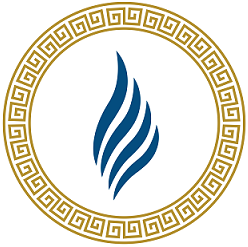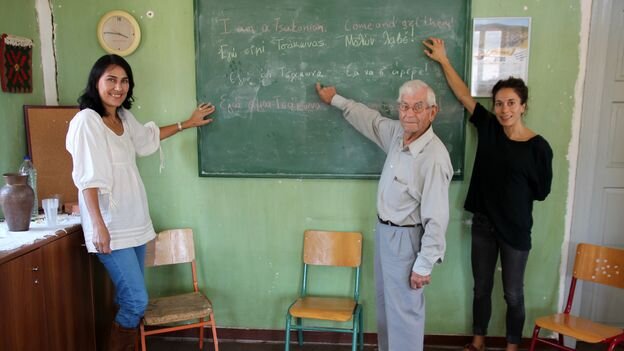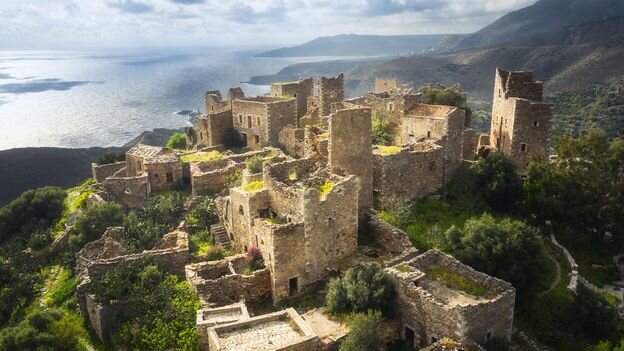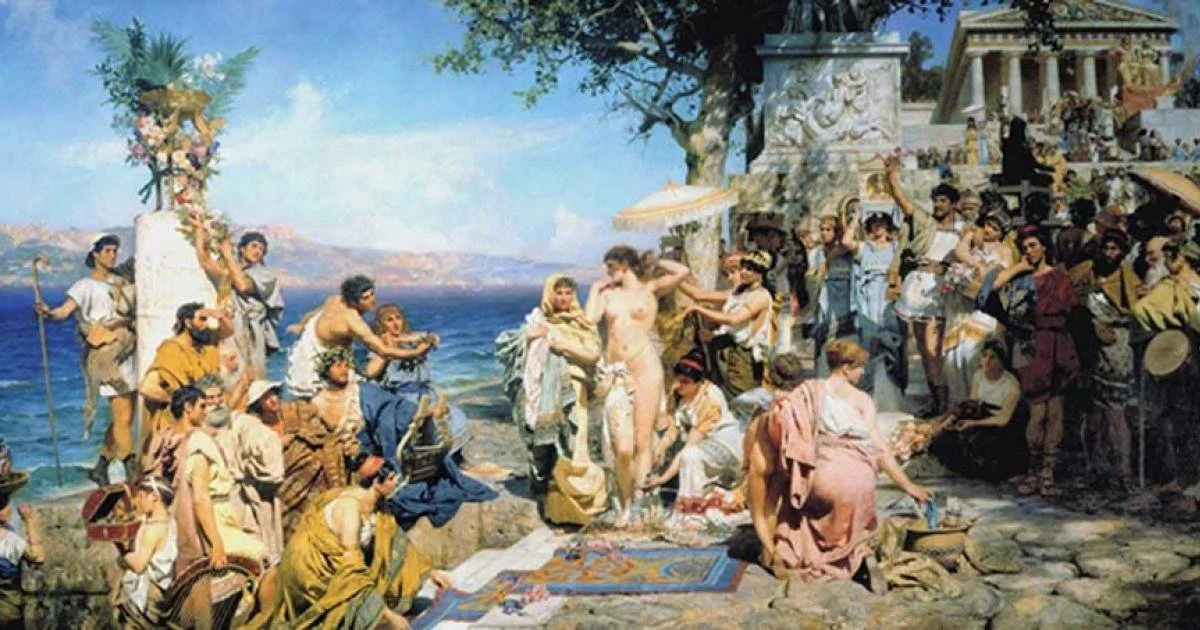The BBC pays tribute to Tsakonika - "One of the oldest living languages in Europe" (vid).
The BBC features a tribute to an ancient dialect still extant today, Tsakonika, as its reporters went in the area of North Kynouria and spoken with the people from the villages "Tsakonohoria" of Agios Andreas and Prastos.
The Tsakonian dialect is a 3,000 year old dialect. It is spoken in the area of South Kynouria in Arcadia. From ancient times until 1912, the area of southern Kynouria was part of ancient Sparta or the prefecture of Laconia. In the areas of Tsakonia, which geographically occupy most of the territory of Kynouria, the Tsakonian dialect was and is still spoken today. The territory of Tsakonia is mainly known for the local dialect, with its Doric origin and the famous Tsakonian dance, whose starting point is delimited in the depths of Greek mythology.
Today, only about 2,000 of the 10,000 Tsakonians, mostly elderly, speak Tsakonika, and the language can be found in 13 towns and villages around Pera Melana. Tsakonika is often spoken in homes there, but it is in danger of disappearing. "Without teachers, we are losing Tsakonika," says Thomais Kounia, known as the "Tsakonian Empress." "I have been trying to preserve it for the last 40 years. It is my duty to do it," she declares. Tsakonian is not only important to the identity and culture of Tsakonians, it is also the only legacy of the ancient Spartans that still persists, notes the BBC. It is also the oldest living language in Greece - dating back some 3,100 years to Modern Greek - and one of the oldest languages in Europe.
Tsakonika belongs to the remnant Doric part of Modern Greek. It comes from the Doric dialect of Ancient Greek, in contrast to the Modern Greek language, which comes from the Hellenistic Common (mainly Attic-Ionian composition). In particular, it is speculated that it came from a broader Doric Common that had become dominant in the Peloponnese after the founding of the Achaean Confederation and therefore offered more resistance to the Common language, perhaps because it was spoken in inaccessible areas.
Signs in both ancient Tsakonian and modern Greek welcome visitors in the village of Pera Melana (Credit: Angela Dansby)
"Molon Lave" or "Come and take them"
A famous phrase similar to Tsakonian was said by Leonidas, king of the Spartans, in 480 BC at the Battle of Thermopylae, when he led 300 of his men and about 1,000 other Greeks into battle against 500,000 Persians. Faced with a disproportionately large force, the Persian commander told Leonidas to surrender all his weapons or die. Leonidas responded with the well-known "Molon Lave". In the Tsakonian dialect, the verb Molon survives to this day with the meaning "I am coming". "Tsakonika is the most important proof of our Spartan origins," notes Mrs. Manou. "For me and many other Tsakons, when we go to Sparta, I feel at home."
In recent years, Tsakonians have been trying hard to keep their language alive (Credit: Angela Dansby)
Although Pera Melana and the other villages where Tsakonika is still spoken are 55 to 100 kilometers northeast of ancient Sparta, the geographical distance from the capital that once ruled it has helped preserve the language. When the Visigoths left Sparta in 396 AD, the city was abandoned and the rest of the Spartans left and settled in these mountainous areas. Over the centuries, the Tsakonians have persisted in these isolated rural communities, passing the language from generation to generation. These communities remained relatively isolated until the Greek Revolution (1821-29), which led to mass education and improved infrastructure.
After Sparta was sacked, Tsakonika survived only in a few isolated mountain hamlets to the east (Credit: Posnov/Getty Images)
According to Ms. Manou, about 5,000 people still spoke Tsakonian in the late 1950s. But that number dropped by less than half in the following decades when Modern Greek became the official language in 1976 and foreign teachers came to the area to teach it. In addition, Tsakonika was stigmatized as the "language of the peasants." Her father himself, a native speaker, refused to teach her Tsakonika because he saw it as unnecessary, as well as embarrassing for her. In fact, it was this generation that led to the huge decline in the Tsakonika-speaking population - something she regrets today, as the language is classified as "critically endangered" by Unesco. Until the 1990s, Tsakonian was taught alongside Greek in some local schools but then became an elective subject. Today there are few schools in the area, just as there are few children. "There are only 12 children in my village today," says Kounia. "It is a big problem that there is no younger generation to pass on the language.
A conversation in Tsakonika












